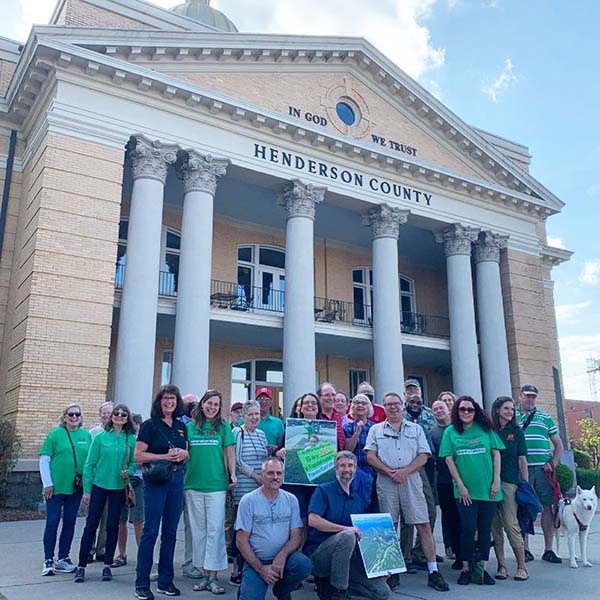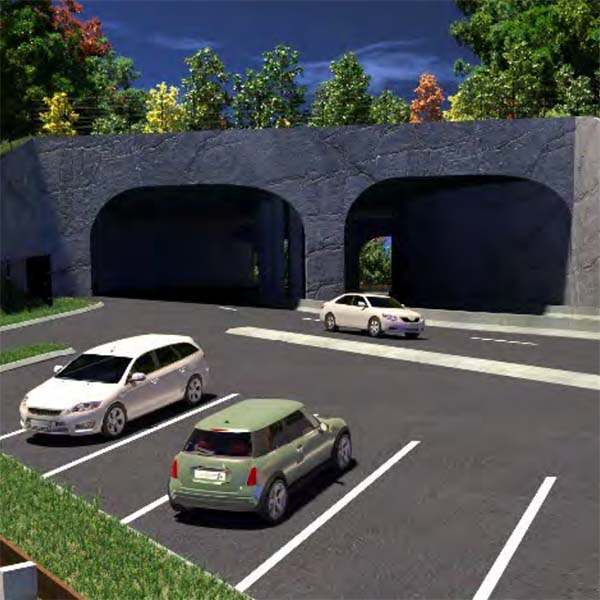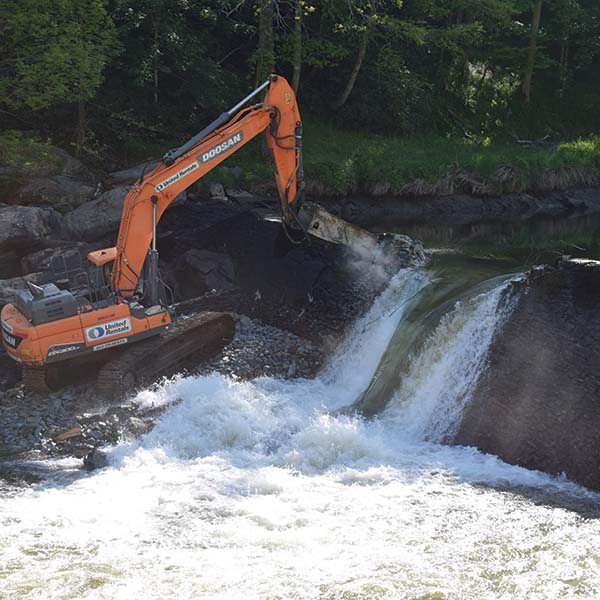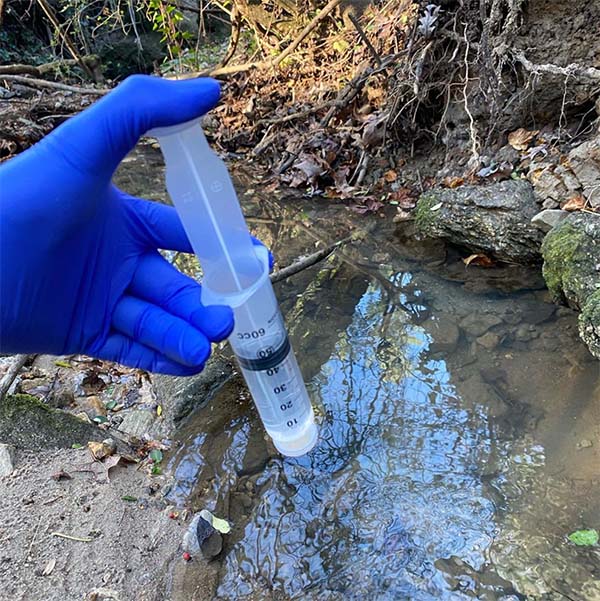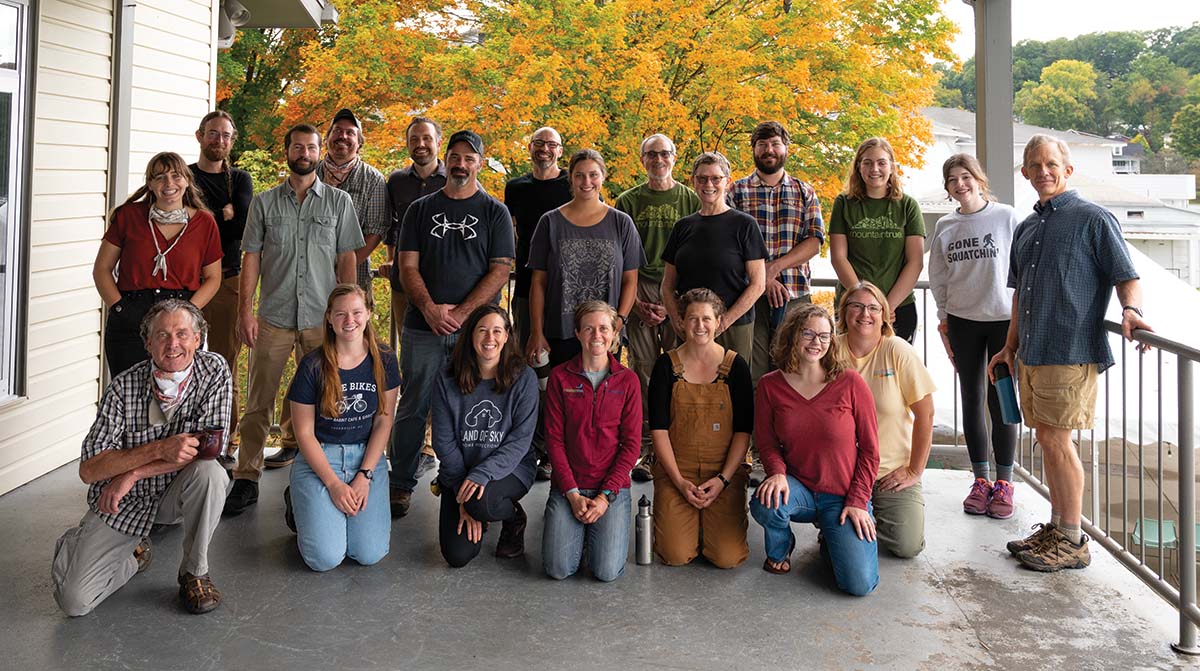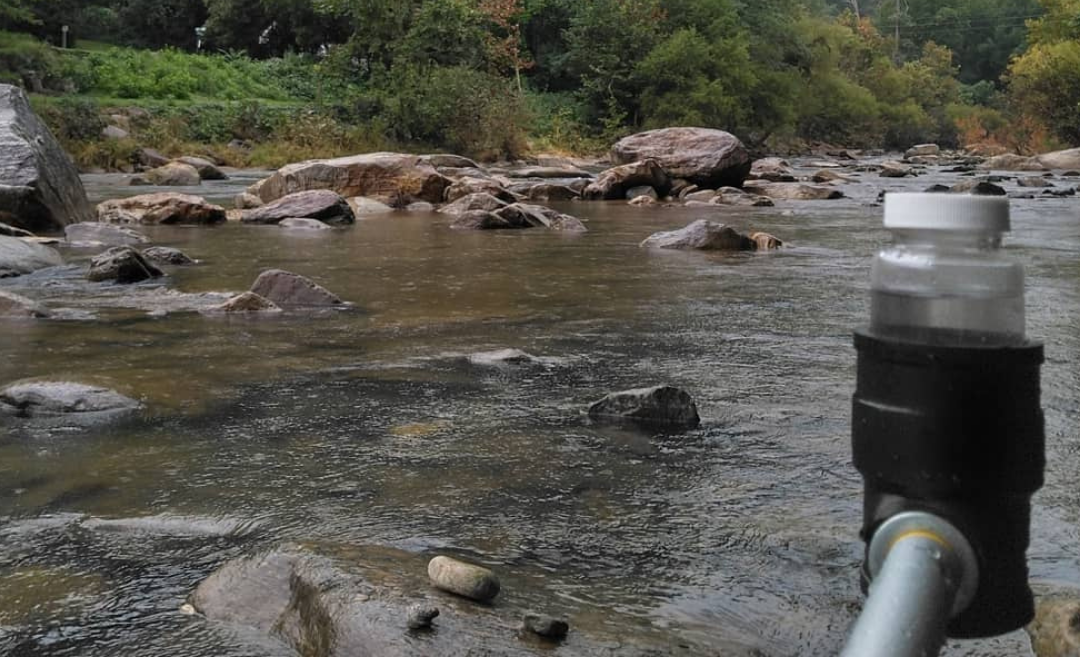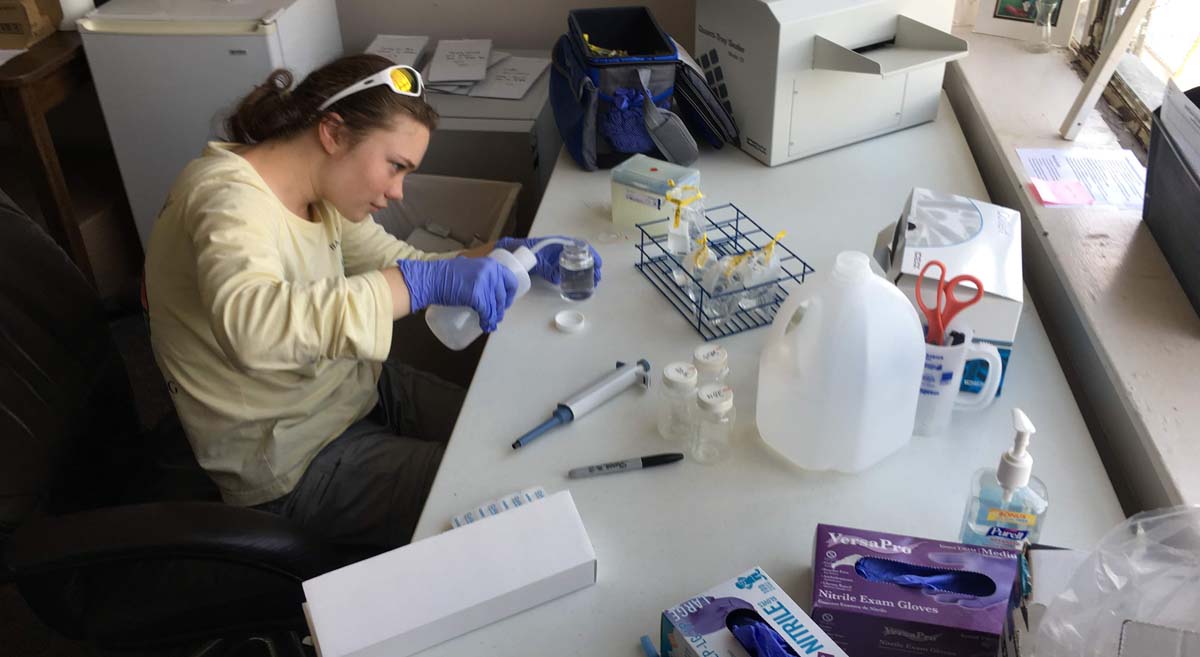December 13, 2021
Henderson County Planning Board
100 North King Street
Hendersonville, NC 28792
Via email
RE: MountainTrue’s Principles for Henderson County 2045 Comprehensive Plan
Dear Henderson County Planning Board Members:
On behalf of MountainTrue, a nonprofit organization that has worked to champion resilient forests, clean waters, and healthy communities in Henderson County for over 30 years, and our local members, we appreciate the process that you are beginning of formulating a new 2045 Comprehensive Plan that will serve as the vision and guide for growth and development in the County for the next quarter century. As we embark on this important task together, we would like to convey the following principles and issues that we believe the comprehensive plan should address:
Public Participation – Overall, we believe that communities should play a central role in planning for their future growth and development. We advocate for a design process that invites diverse voices, including those that have traditionally been excluded or ignored. The process should be equitable and inclusive of all communities and people regardless of class or clout.
We encourage the County to engage in targeted outreach to people in historically underrepresented communities. Surveys were mailed to all property-owning residents early in the process and, while we understand that there are many other input opportunities and that anyone is welcome to participate in the process, no such targeted outreach has been planned for renters and residents of housing authorities — who are disproportionately low-to-moderate income households. And although a Spanish language survey is available, Stewart consultants reported at the October 22nd Planning Board meeting that few if any of these have been returned. We encourage the County to work with organizations that serve these communities to target outreach and solicit participation to ensure that there is equitable participation and representation of all County residents regardless of wealth. Advertising should also be expanded and conducted in multiple languages on various media outlets.
Smart Growth – MountainTrue supports economic vitality and growth in Western North Carolina without compromising our mountain ecosystem. We champion our cities and small towns, which function as economic, cultural, and residential centers. We encourage public and private development in areas where adequate infrastructure already exists. At the same time, we discourage the expansion of infrastructure that induces sprawl into natural areas or the rural landscape. We advocate for a wide variety of housing choices and multiple modes of transportation.
According to our analysis, the County can accommodate projected growth within existing urban areas by focusing on increasing density without any zoning changes. To accomplish this, the County should confine industrial uses to specifically defined areas so that communities are protected from potential impacts. The County can also discourage urban sprawl by resisting developers’ calls to expand water and sewer service beyond the urban service area. The County should also streamline the permitting and approval processes so that development decisions are more timely, transparent, and predictable for developers and residents alike.
The County has made great strides in recent years around multi-modal transit options and connectivity between communities. The Ecusta Trail, Oklawaha Greenway Feasibility Study, and Greenway Master Plan are all efforts that should be included in future planning.
Land Preservation – We support planning for development in a way that protects valued natural resources. Planning can identify critical landscapes, like agricultural lands, wetlands, forests and steep slopes, and identify strategies for preserving those resources from destruction or degradation by development. There are a wealth of resources available to planners including landslide hazard maps, the National Wetland Inventory, NC Natural Heritage Program areas, the National Land Cover Database, and others that should guide development restrictions and define priority preservation areas.
Our rural and agricultural heritage are important to our communities and the economy of Henderson County. Therefore, the County should invest in preservation by establishing a funding mechanism that is dedicated to protecting open space and agricultural and forested lands and is replenished annually.
Public Lands – MountainTrue advocates for the protection of our national and state forests in addition to our national, state, county and city parks and trails. We believe the management of public lands should maintain and restore their ecological integrity and promote recreational opportunities.
The County has a wealth of public land resources including the Blue Ridge Parkway, Pisgah National Forest, DuPont State Recreational Forest, Green River Game Land, privately conserved land that is publicly accessible, and many county and municipal parks and trails. The County should encourage and expand access to these resources through increased public transit options and greenway connectivity. The County should create buffers and transition zones between development and public resources, and manage these areas in a way that protects them from encroachment and reduces the threats of wildfire to surrounding communities.
Clean Water – We work to preserve and restore waterways as healthy ecosystems as well as recreational and aesthetic resources. MountainTrue supports the development and enforcement of standards and regulations to protect surface and groundwater from pollution, litter, and the negative impacts of development.
MountainTrue has been monitoring and sampling water quality in the County for decades and will be glad to share our data with planners to determine impacted waterways deserving of increased protection, development buffers, and stormwater runoff reduction measures. As climate change drives increased frequency, intensity, and quantity of rainfall in our area, it is imperative that we reduce impervious surface cover and encourage infiltration and stormwater best management practices to reduce impacts from urban and agricultural runoff on water quality. Development standards around sediment and erosion control should be updated to account for increasing rainfall. Impacts from litter, especially from single-use plastic products, should also be considered and addressed.
Clean Energy – MountainTrue supports the development of clean, sustainable, locally-produced energy. We are dedicated to helping communities transition to renewable energy. We work with local community members, policymakers, and utilities to bring our region sustainable solutions for our energy demands and to promote energy efficiency.
County facilities should incorporate renewable energy generation features, and design standards for all government buildings should promote this. New development approved by the county should similarly be encouraged to incorporate renewable energy features. Housing, especially for low-income residents, should be audited for energy usage and retrofitted to maximize energy efficiency.
Thank you for your consideration of these principles and issues as the Comprehensive Planning process moves forward, and we look forward to working with you to realize a vision for growth in Henderson County that continues an upward trajectory for economic development, preserves our rural and agricultural character, enhances our quality of life, and respects our natural resources for decades to come.
Sincerely,
Gray Jernigan
Southern Regional Director
Katie Breckheimer
Interim Southern Regional Director
CC: Henderson County Board of Commissioners
Jake Petrosky, Stewart, Inc.
Henderson County Manager and Planning Staff

